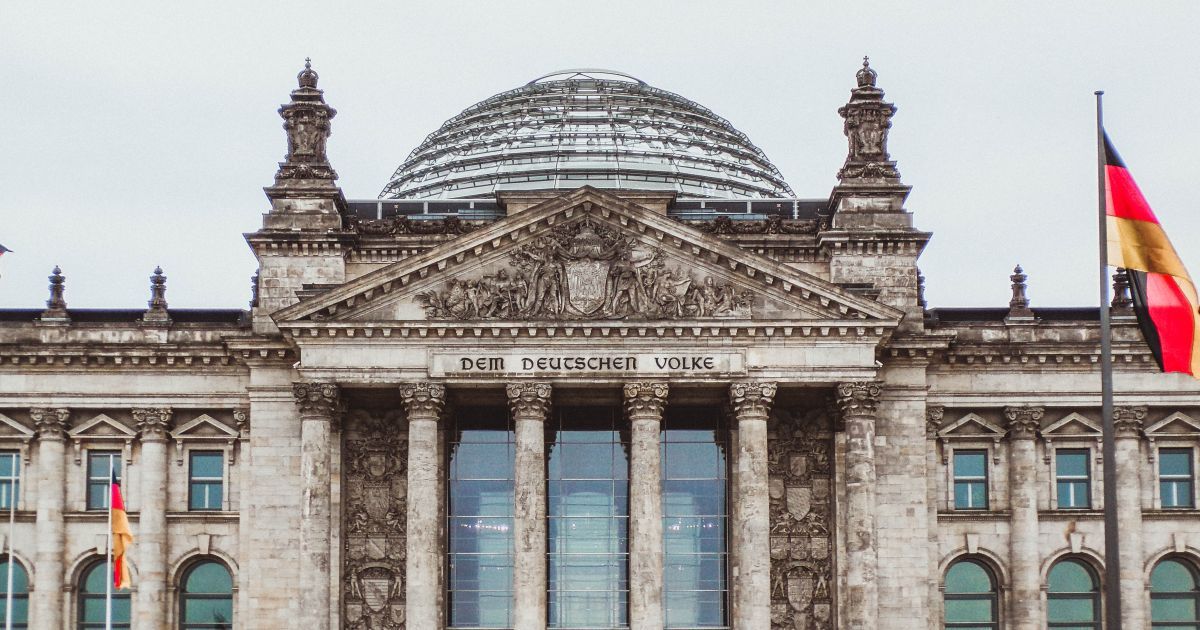Germany can send frozen Russian assets to restore Ukraine, if there is a legal basis for this and the allies act in the same way.
This is stated in the Bloomberg article.
It is noted that the government of Chancellor Olaf Scholz generally supports Ukraine's demand for military reparations from the Russian Federation, but has not yet taken an official position on the confiscation of Russian assets due to differences in the ruling coalition.
Internal tension in Germany, according to journalists, reflects the wider struggle of the international community to form a common position on this issue.
If Berlin can resolve its own problems, it could give new impetus to discussions in the European Union and put pressure on the US to seize assets, such as central bank reserves, that were frozen in response to the Russian invasion.
According to the publication, the Minister of Foreign Affairs of Germany, Annalena Burbok, insists on the seizure of at least part of the frozen assets of the Russian Federation.
But Finance Minister Christian Lindner is more cautious.
He fears that the confiscation of assets of the Russian Central Bank may set a dangerous precedent and lead to a "legal quagmire".
The EU and G7 partners have frozen about 300 billion euros of reserves of the Russian Central Bank.
The EU has also frozen around €19 billion in assets of sanctioned Russian oligarchs, although these estimates are not complete.
The assets are in a suspended state and cannot be distributed at this time.
It is noted that instead of general confiscation, confiscation of assets of Russians involved in war crimes in Ukraine could be a more profitable way from a legal point of view.
However, such cases can take years to be considered.
"Details of the discussions show how the possibility of confiscation of assets is moving beyond theoretical debate and into implementation, but serious obstacles remain. According to sources, Scholz wants any action to be coordinated with allies and legally clear," the newspaper writes.
Reparations to Ukraine: will blocked Russian assets be returned to Kyiv
We will remind that the Russian Central Bank admitted that they will not return those blocked abroad.
assets
Earlier, the president of the European Commission, Ursula von der Leyen, said that the EU plans to give the blocked assets of Russia and oligarchs to the reconstruction of Ukraine.
According to her, 300 billion euros of reserves of the Russian Central Bank are blocked in the EU and 19 billion euros of Russian oligarchs are frozen.
In the meantime, the US Congress supported an amendment to the law on the transfer of seized assets of Russian oligarchs to Ukraine.
Subscribe to our
Telegram
and
Viber
channels .
